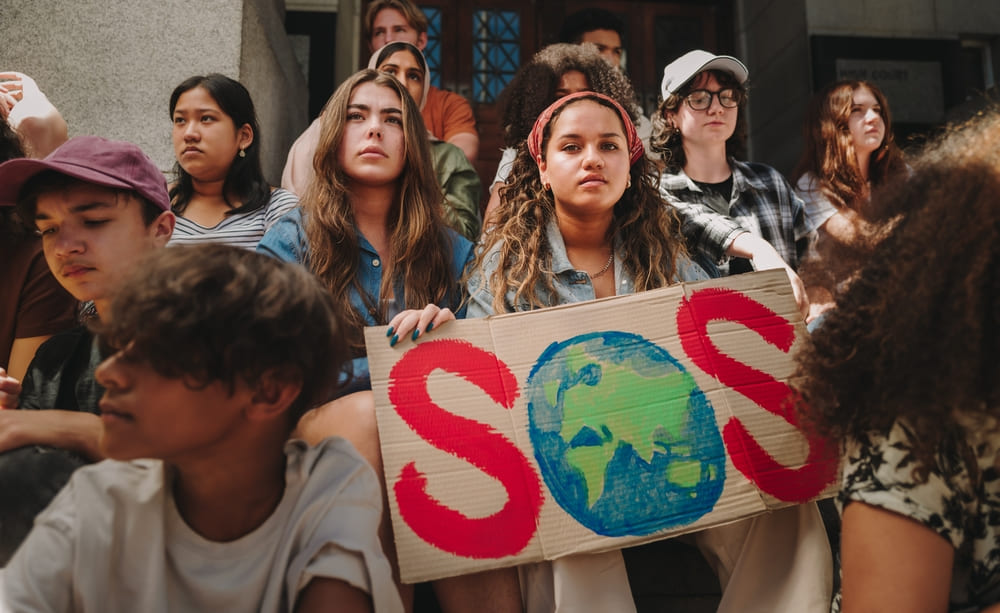
As a therapist, I have observed an increase in clients who are deeply affected by the challenges and uncertainties surrounding climate change. The younger generation particularly, is grappling with the emotional and psychological ramifications of a changing climate.
Understanding the Link between Climate Change and Mental Health
The relationship between climate change and mental health is multifaceted. Direct consequences, such as extreme weather events can lead to immediate trauma, displacement and loss. Indirect effects include anxiety about the future, feelings of loss, helplessness and a chronic sense of threat. For the younger generation, these anxieties are exacerbated by a realisation that they will bear the long-term brunt of a deteriorating environment.
Research has shown that climate change can lead to an increase in mood disorders, anxiety, post-traumatic stress disorder and other mental health issues. Such an understanding is crucial, as it enables therapists and caregivers to recognise the signs early and provide appropriate interventions.
The Unique Struggles of the Younger Generation
The younger generation is faced with a dual challenge. They are inheriting a planet marred by environmental degradation and simultaneously, they’re bombarded by a constant stream of information about the grim prospects of the future. This “eco-anxiety” a term that has gained traction recently, encapsulates the chronic fear of environmental doom.
The younger generation also experience feelings of betrayal from previous generations for leaving them with the problems and a sense of responsibility to correct the course, which can be overwhelming. Such emotional burdens can manifest as depression, anxiety, feelings of hopelessness and even anger.
Guiding the Youth through the Climate Crisis: Therapeutic Interventions
Validation: Recognising and validating the feelings of young individuals is paramount. It’s essential to acknowledge that their concerns are legitimate and that their emotional responses are natural.
Empowerment through Action: Encourage them to get involved in community or global initiatives that address environmental concerns. Taking action, no matter how small, can provide a sense of purpose and mitigate feelings of helplessness.
Mindfulness and Grounding Practices: Techniques such as deep breathing, meditation and grounding exercises can be immensely beneficial in managing anxiety and establishing a connection with the present moment.
Educating on Climate Change: Equip them with accurate and up-to-date information about climate change. Knowledge is power and understanding the complexities can help demystify fears.
Building Resilience: Focus on building resilience by helping them develop coping strategies, nurturing their adaptability and emphasising the importance of community support.
Establishing Hope: While it’s crucial to be realistic about the challenges, it’s equally vital to highlight the positive actions and changes happening worldwide. Celebrate small victories and remind them of humanity’s capacity for innovation and adaptability.
Conclusion
The intertwining of climate change and mental health is a burgeoning area of concern. As therapists, we are in a unique position to support the younger generation in navigating these complexities. By understanding their unique struggles and employing targeted interventions, we can foster resilience, hope and empowerment amidst the challenges of a changing climate.


